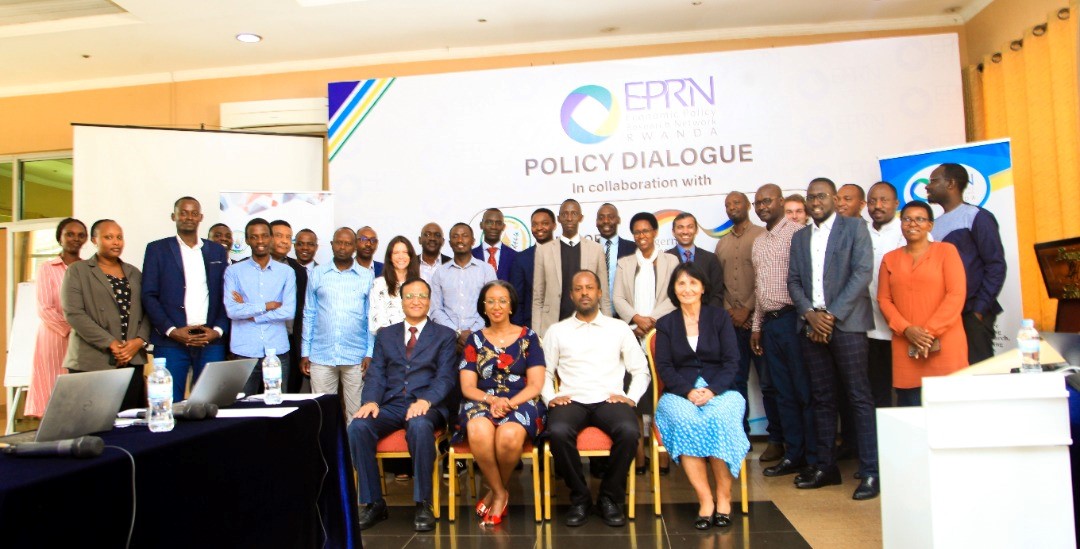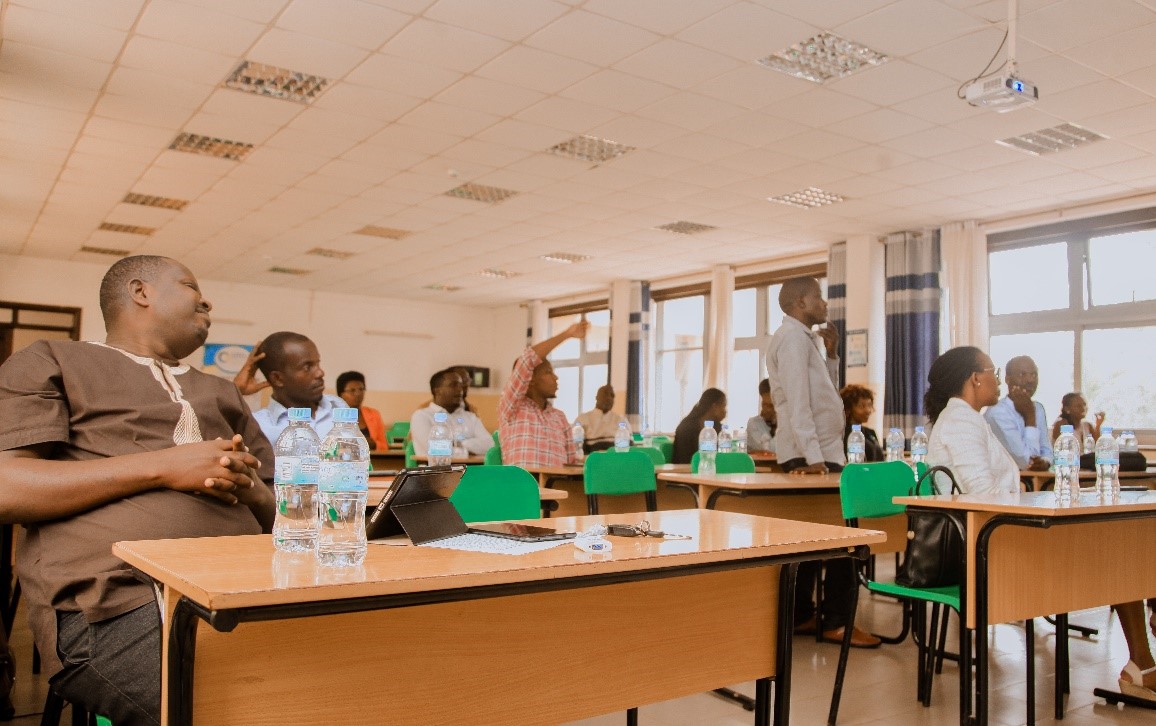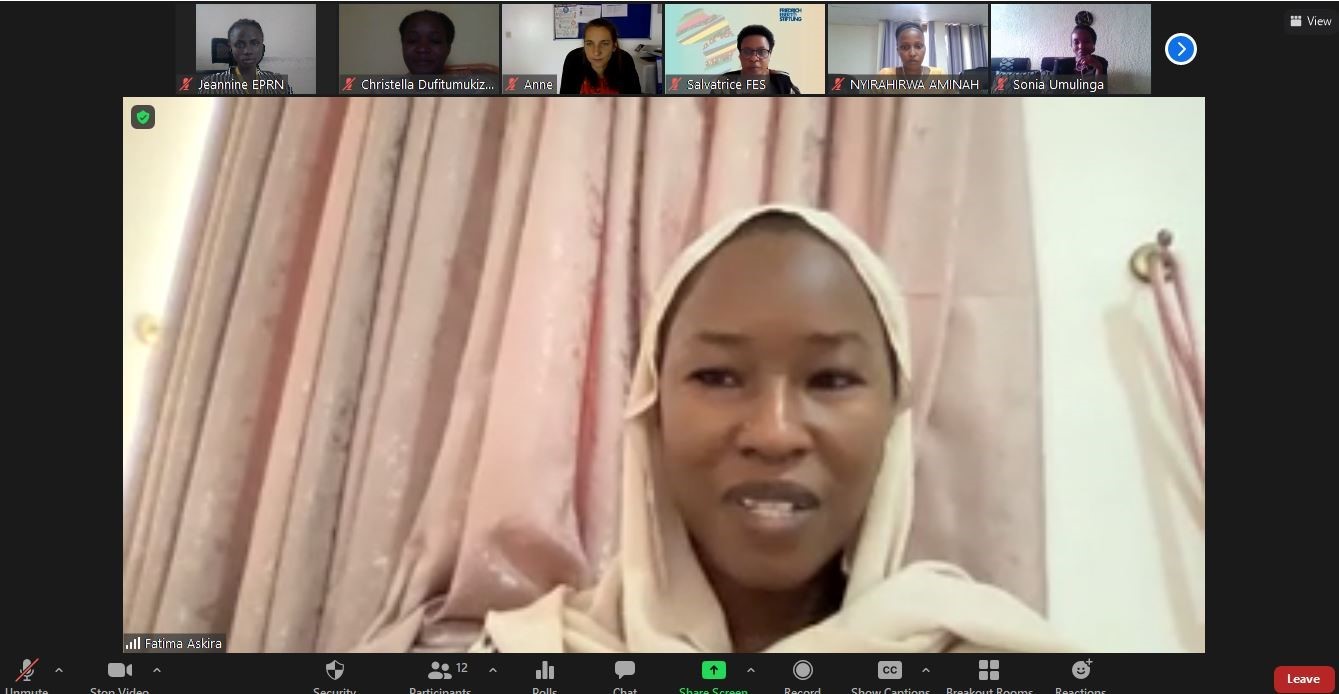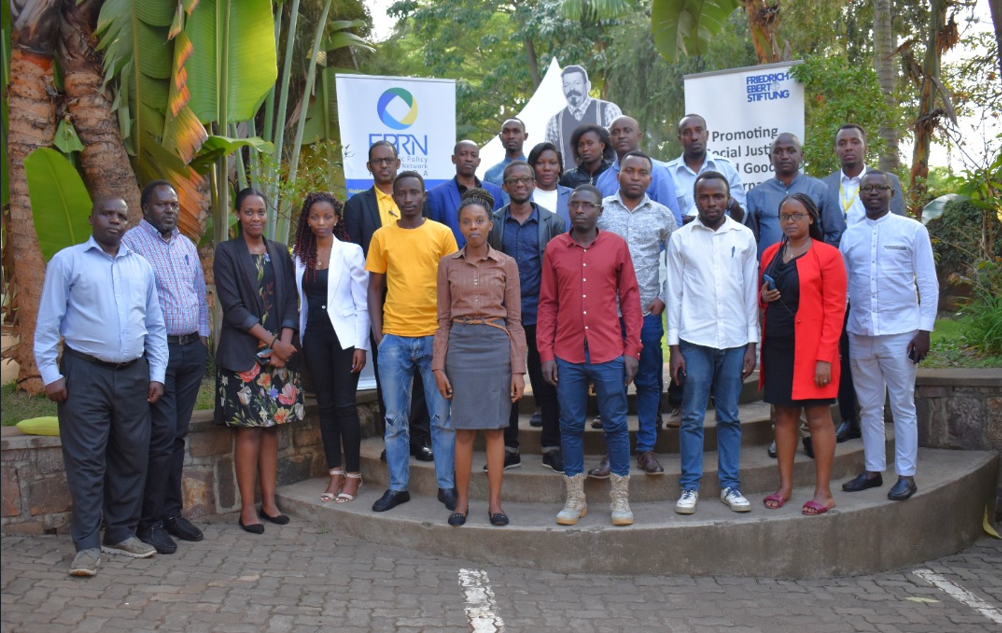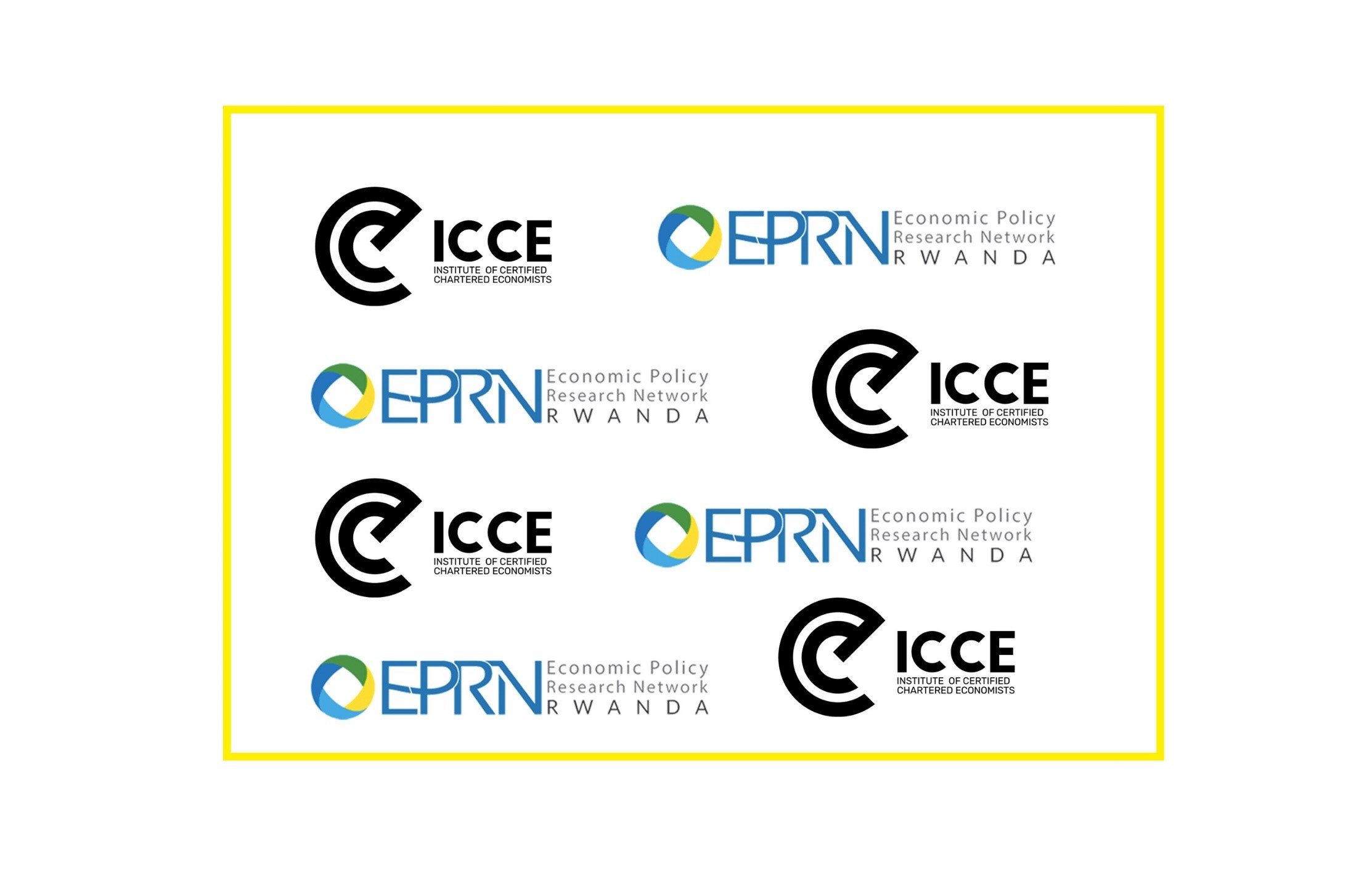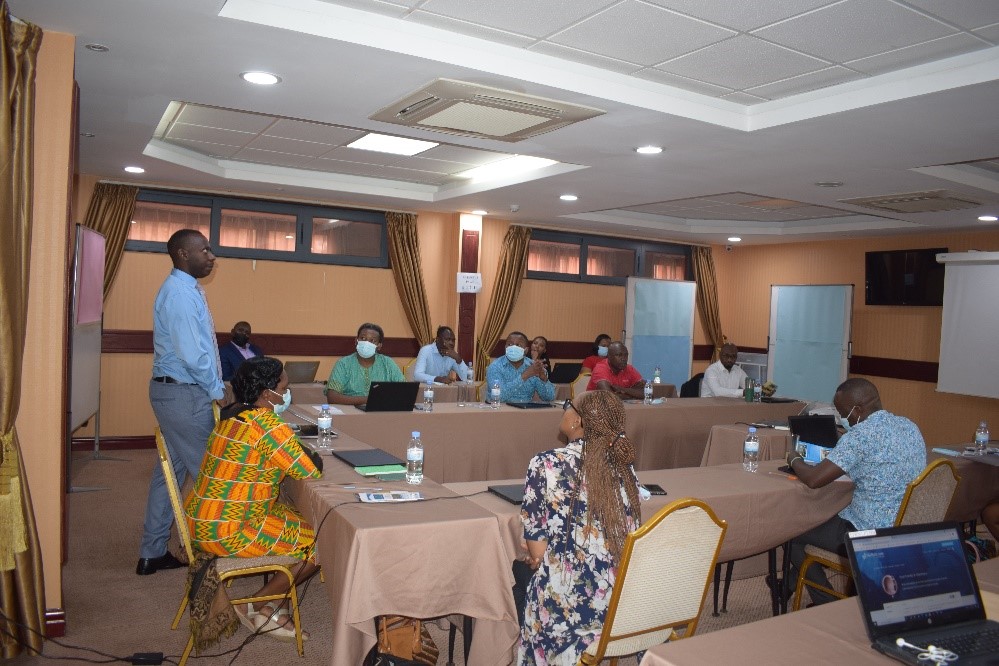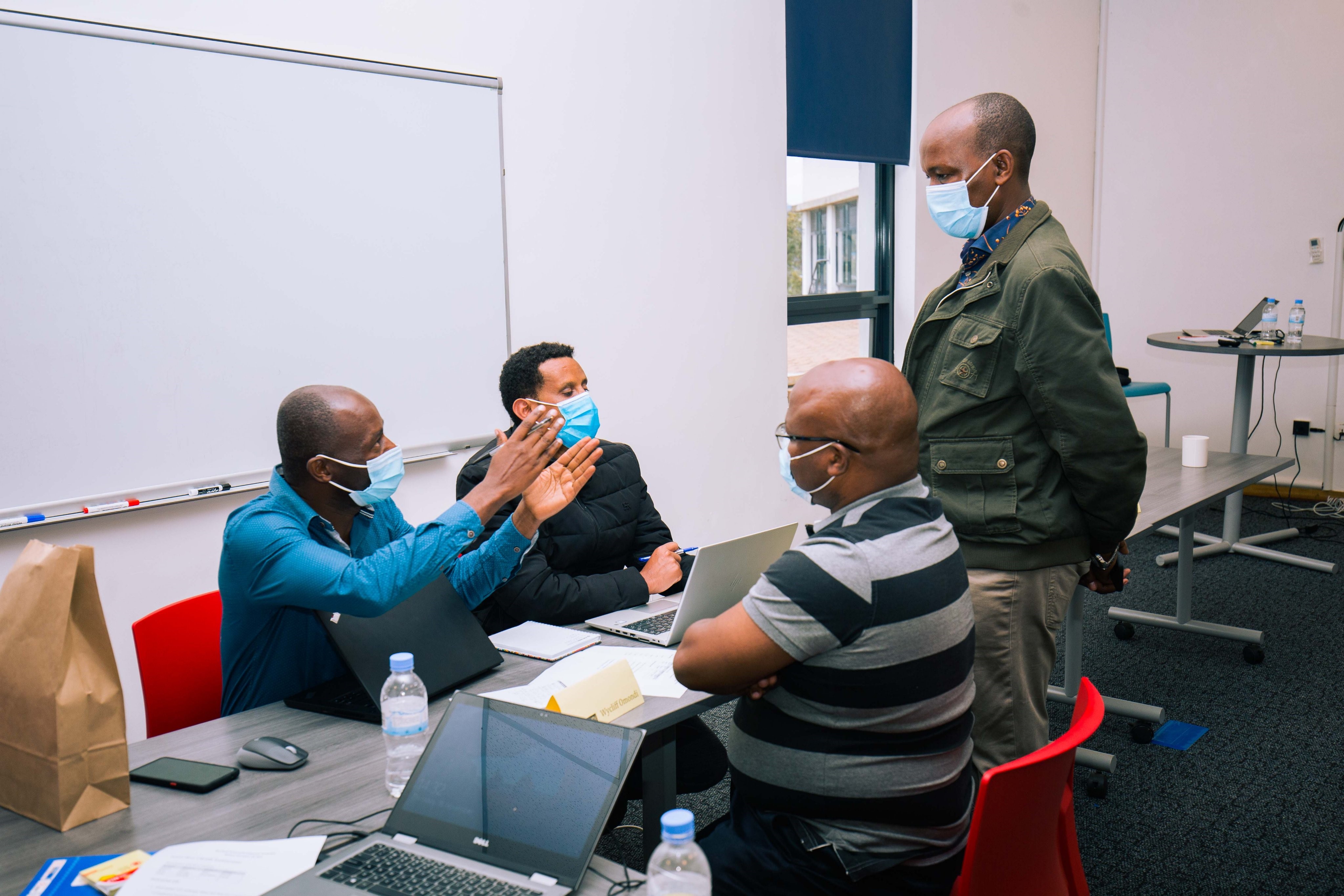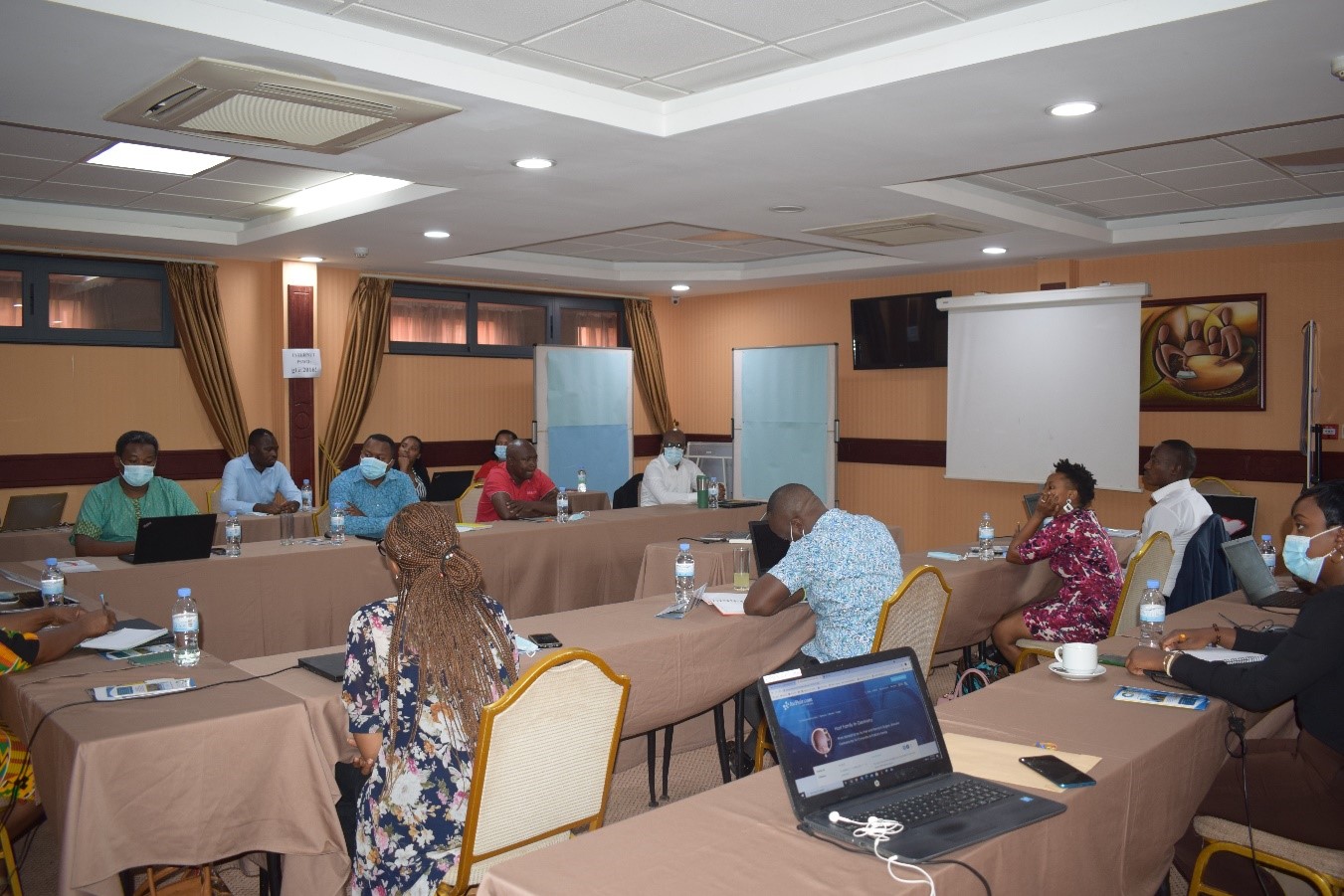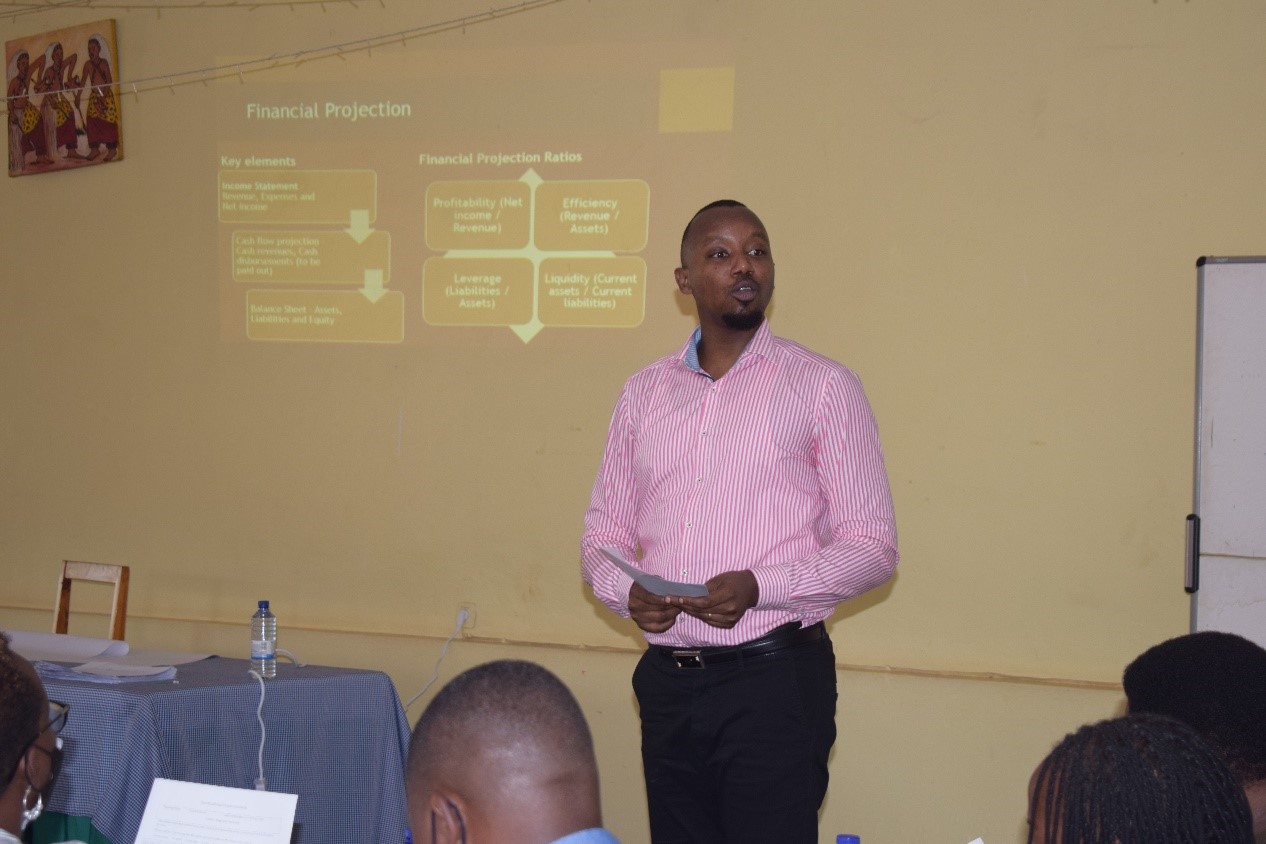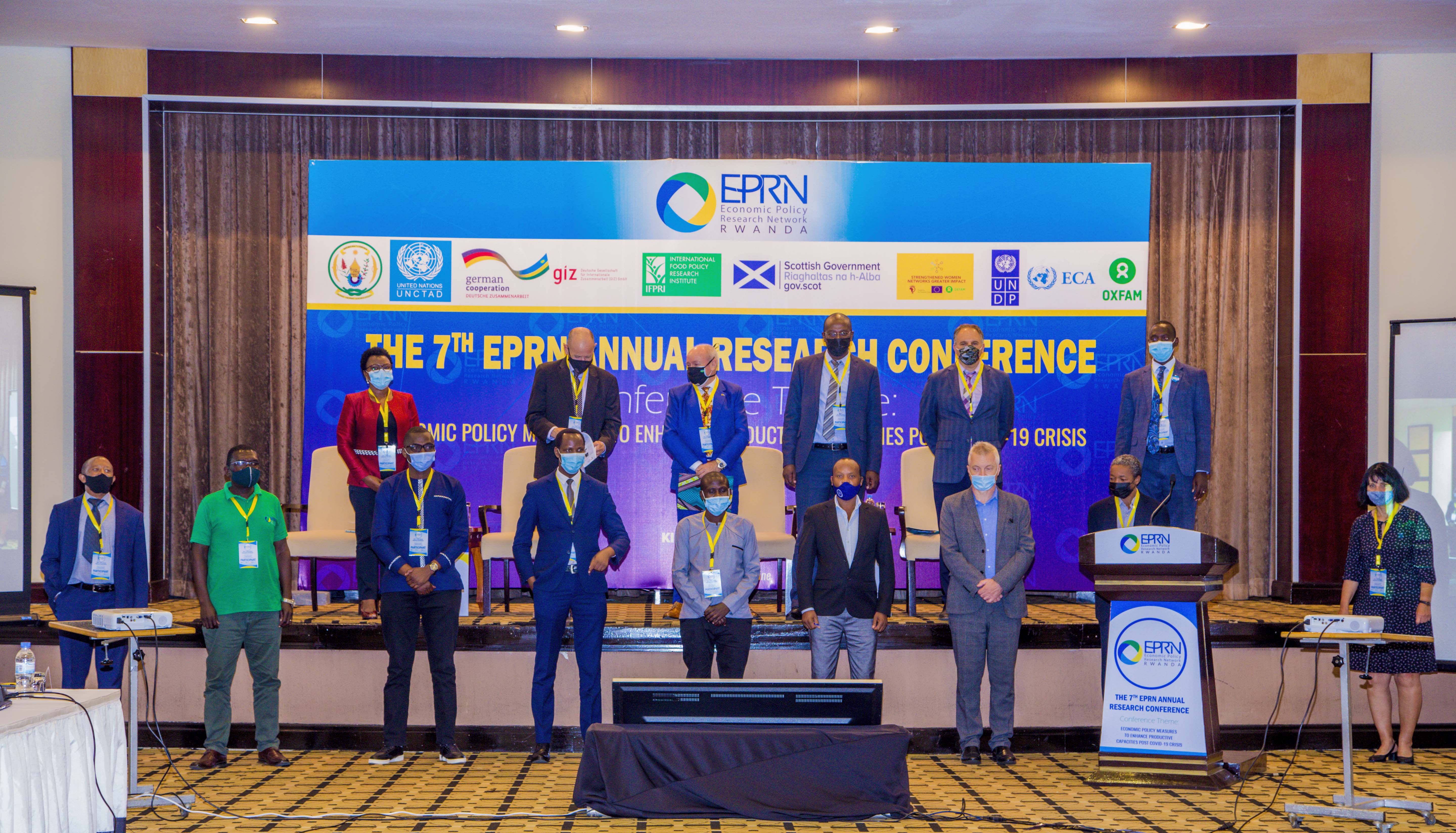Call for Research Proposals for the 8th EPRN Annual Research Conference
8th EPRN Research Conference : 26th-27th May 2022
The deadline to submit abstracts is extended to Friday 08th October 2021, 11AM
1. Introduction
The COVID-19 pandemic, along with the associated health and economic crises, is undoubtedly the main development challenge currently facing Rwanda and the rest of the world. This pandemic has tested the resilience of many emerging economies and is exacerbating the development challenges confronting them.
Losses in educational opportunities, production, employment, tax revenues, and trade—among many other areas—are just some of the pandemic’s economic scars that will take time to heal. Policies to revitalize growth, protect the most vulnerable, and reduce future vulnerabilities, both in the short and long term, are vital to the recovery of Rwanda’s economy and the regional economy on which it depends.
The Economic Policy Research Network (EPRN) and its partners wish to encourage research that assesses the impacts of the COVID-19 pandemic and subsequent recovery measures across various economic sectors and populations to provide a deeper and more nuanced understanding of the crisis. Research findings will be discussed in an 8th Research Conference scheduled for May 2022, with an overall objective of recommending specific short-term, medium-term, and long-term economic policy options to advance a new and inclusive path to recovery and growth Rwanda and the region.
2. Subtopics
a. Impacts of COVID-19 on agriculture and food systems
The coronavirus pandemic has sparked not only a health crisis but also an economic crisis, which together pose a serious threat to food and nutrition security, particularly in poorer countries. Threats arise from disruptions in agricultural input markets, farm production, employment opportunities in the food system, the distribution and consumption of food as well as global and regional agricultural value chains. Papers under this subtopic are expected to explore more on impacts of COVID-19, and recovery mechanisms in the agriculture sector and food systems with a focus on food security, consumption and nutrition patterns, value chain development, and other related topics.
b. Regional Integration and Trade in the Era of COVID-19
The COVID-19 pandemic has caused unprecedented disruptions to the international trade system. This has taken the form of changes in trade policies and practices that have, directly or indirectly, dramatically constrained the movement of goods and services across international borders. The economic and social consequences of these trade shocks are complex, and require careful analytical attention from the research community to fully understand the impacts. Papers under this subtopic are expected to explore more on impacts of COVID-19, and recovery mechanisms in areas related to trade, regional integration, diplomacy, tourism, etc.
c. Enhancing productive capacities to accelerate economic recovery
Productive capacities include technological and production capabilities, financial resources, infrastructure, institutions, efficient market systems, skills, and the policy-implementing capacities that a country needs to produce the goods and services that it consumes domestically and exports competitively (UNCTAD 2021). COVID-19 has heightened the need to boost productive capacities for socioeconomic recovery in the world’s poorest nations. Papers under this subtopic are expected to explore more on impacts of COVID-19, and recovery mechanisms in areas of productive capacities.
d. Labor markets dynamics during and after COVID-19
Significant increases in unemployment and underemployment are expected due to the major economic contraction caused by the COVID-19 pandemic. Although the employment impact of COVID-19 is expected to be relatively minimal in the larger labor-intensive sectors like agriculture, forestry, and fishing, there are still significant impacts on other sectors the food and hospitality industry, other service sector activities, and the industrial sector. Papers under this subtopic are expected to explore more on the impacts of COVID-19, and recovery mechanisms in areas of job creation, employment, human capital development, and education.
e. Human capital development and education
The World Bank (2021) has indicated that Rwanda still has human capital challenges. It is also indicated that education may have been the worst-hit sector due to schools shut down and switch to remote learning. With the COVID-19 still prevalent, health conditions such as stunting a concern, education quality, and outcomes facing challenges is the demographic dividend hypothesis for Rwanda and the region conceived with the same assumptions as before COVID. Papers under this subtopic should include but not limited to modeling, scenario building, and forecasting in education, health, and human capital.
f. Poverty and COVID-19
A notable consequence of the pandemic is the significant challenge it presents to global efforts to eradicate poverty. According to the World Bank (2020), 119 million–124 million people were pushed into extreme poverty in 2020. IFPRI researchers estimate that, in the absence of strong interventions in developing countries, the number of people in extreme poverty could increase by up to 150 million Papers under this subtopic are expected to explore more on impacts of COVID-19, and recovery mechanisms in areas of poverty, income inequalities, health, and livelihoods, etc.
g. COVID-19 and gender related issues
As the effects of the COVID-19 pandemic roll through societies and economies across the globe, women, and girls are expected to bear the heaviest impact (UNWOMEN 2020). Some scholars say that COVID-19 has disproportionately affected women and widened gender inequalities across the globe. Papers under this subtopic are expected to assess the differential impacts of COVID-19 in any selected socio-economic sectors and propose solutions.
h. COVID-19 and digitalization
With rapid digital transformation now reshaping our global economy, permeating virtually every sector and aspect of daily life, investment in the foundational building blocks that underpin digital economy growth will help determine a country’s ability to succeed in the global market place, harness emerging opportunities, and ultimately offer its citizens a better quality of life. Papers under this subtopic should focus on assessing the development of digital solutions in various sectors, and how to carry forward the best lessons from this rapid process.
i. Covid-19 impacts on Government budget (public finance), international trade, investment (FDI) and ODA
COVID-19 disrupted international trade and investment flows and its impact on public finance is significantly evident. FDI into Rwanda increased from US$342.2 million in 2016 to US$356.4 million in 2017 and US$381.9 million in 2018, before decreasing to US$353.8 million in 2019, mainly driven by decreased flows in the electricity sector which was partially offset by higher inflows into financial and ICT sectors (MINECOFIN 2021). The COVID-19 pandemic had an impact on the fiscal deficit which increased to around 9 percent of GDP in FY 2019/20 and FY 20/21. It affected tax revenue collection and the Government had to increase its spending because of the emergency to contain the pandemic and invest in economic recovery (economic recovery plan). As a result, the public debt increased but remained sustainable because mainly financed by concessional borrowing as ODA increased when the pandemic started. The weakening global environment is expected to reduce external flows, such as remittances, FDI, and service receipts, to Rwanda, resulting in a drop in external reserves. Papers under this sub-section should focus on assessing impacts and providing policy measures related to fiscal and non-fiscal public finances.
3. Guidelines
The following guidelines are suggested. If you think there are good reasons to amend them, please feel free to do so.
Your abstract could include the following :
• Background and purpose : description of the problem, study objectives, research question(s), and/or hypotheses ;
• Methods : study design, including a description of participants and selection strategies, data collection procedures, measures, and approaches to analysis ;
• Conclusions and implications : description of expected results and policy implications.
EPRN Rwanda encourages national and international researchers to submit abstracts (maximum 500 words per abstract) related to one of the sub-topics, which, once accepted, will be developed into a full paper. Abstracts must be original, in English, and submitted in WORD or PDF format to : conference2022@eprnrwanda.org and copy to info@eprnrwanda.org.
4. Key Dates
• The deadline to submit abstracts is extended to Friday 08th October 2021, 11AM.
• Notification of acceptance of the proposal by the selection committee : 08th October 2021
• Refresher training on modern research methodology (optional) : 15th October 2021
• Deadline for initial submission of full draft paper : 25th February 2022 (by 5 pm CAT)
• Pre-conference session : 04th March 2022
• Deadline for amended submissions (final draft) : 18th March 2022 (by 5 pm CAT)
• Comments from external reviewers : 08th April 2022
• Submission of final papers : 29th April 2022 (by 5 pm CAT)
• Final notification of acceptance for conference presentation : 10th May 2022
• 8th EPRN Research Conference : 26th-27th May 2022
For more information, contact us through : conference2022@eprnrwanda.org and copy to info@eprnrwanda.org OR Phone number (office) : +250788357648. You may also visit our website : www.eprnrwanda.org.
Doc 1




